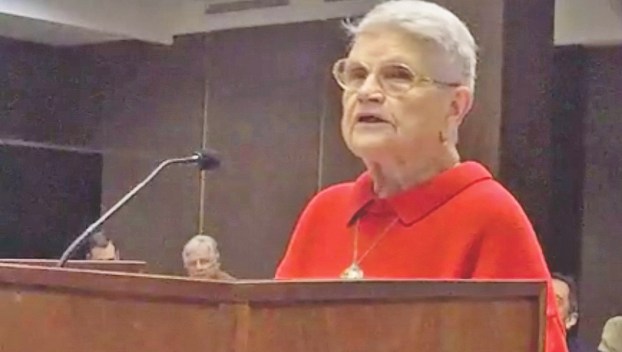
News
Council discusses seniors and bears
FRANKLIN — The St. Mary Parish population is growing old, daily. St. Mary Council on Aging Director Beverly ... Read more

FRANKLIN — The St. Mary Parish population is growing old, daily. St. Mary Council on Aging Director Beverly ... Read more
Nearly every American home has a replica of the Louisiana black bear. At least, those homes with young ... Read more

CYPREMORT POINT — Mama bear and two cubs, each barely the size of a small dog, went on ... Read more

A New Iberia man and his son, a juvenile, were found guilty in 16th Judicial District Court in ... Read more
BATON ROUGE — Two men were cited by the state Department of Wildlife and Fisheries for killing a ... Read more
More than a few heads turned and eyebrows raised in March 2016 when the Louisiana black bear was ... Read more

Nikki Pennison was crowned the 2013-2014 Bayou Teche Black Bear Miss Queen Saturday during the annual festivities. Read more